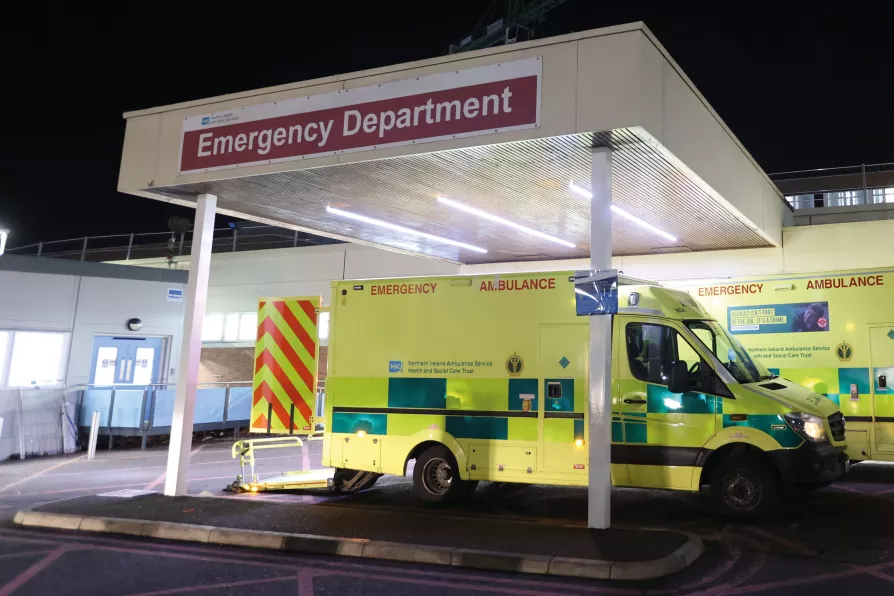This weekend, the NEU holds a special conference to debate changing its approach to organising teaching assistants, which a 2017 TUC agreement forbids. General secretary DANIEL KEBEDE outlines the choices before delegates


PRIVATE healthcare firms are now so embedded in the NHS that they literally guard the entrance to A&E. And they are using their strategic position of controlling access to A&E to extract millions for their shareholders.
Back in 2017, NHS England ordered a “standardisation” of urgent treatment centres. This encouraged a movement from a variety of community-based minor injuries-type clinics to a growing number of privately run urgent treatment centres, which are “typically based at the front of A&E, where they divert these minors away from A&E.”
NHS England believes this scheme might reduce demand on A&Es, by taking the least urgent injuries out of the emergency ward. Health companies see it as a major business opportunity.

When privatisation is already so deeply embedded in the NHS, we can’t just blindly argue for ‘more funding’ to solve its problems, explain ESTHER GILES, NICO CSERGO, BRIAN GIBBONS and RATHI GUHADASAN














